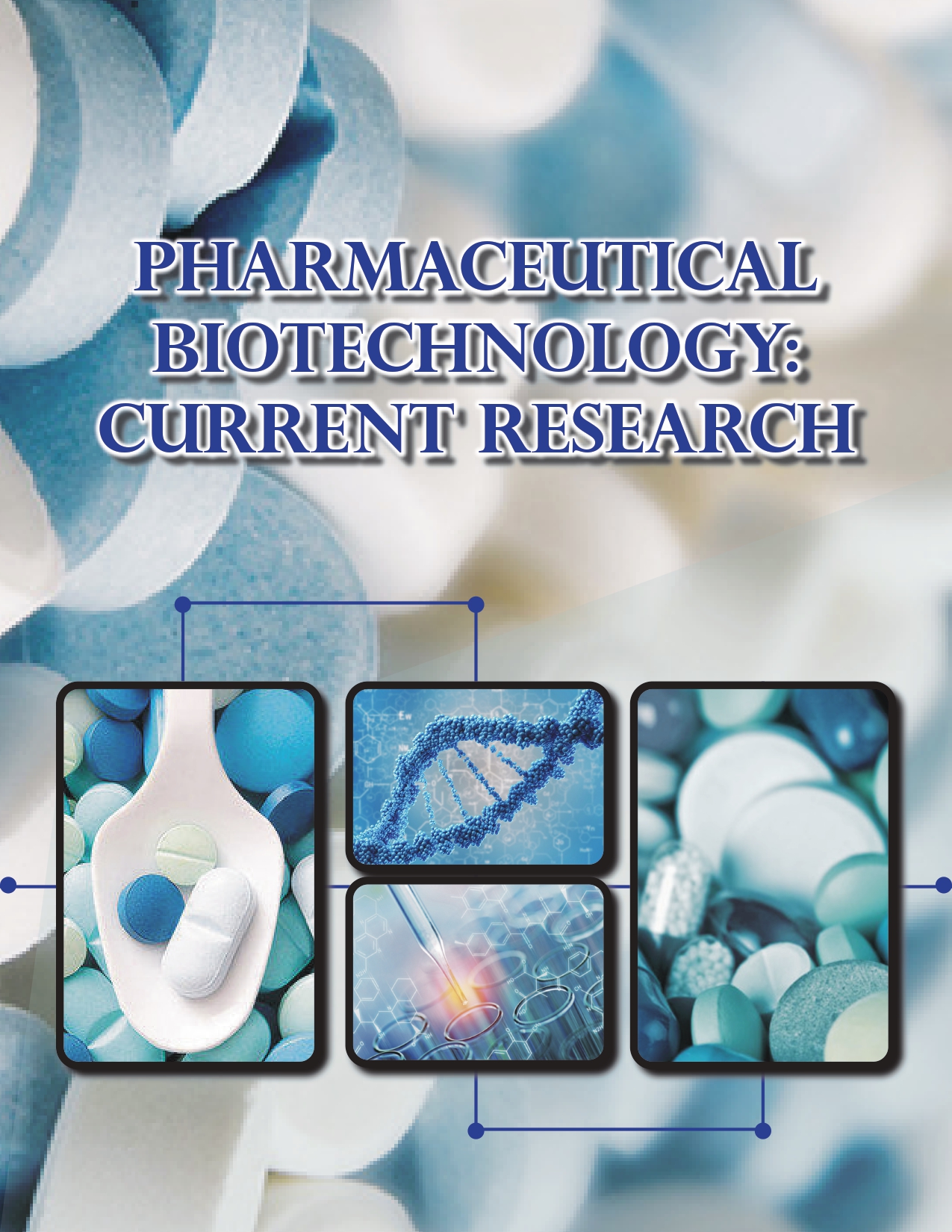Role of Magnesium in health and disease
Abstract
Magnesium plays an important role in maintaining normal physiological functions of the cardiovascular system. It influences myocardial metabolism, Ca2+ homeostasis, and endothelium-dependent vasodilation. It also acts as an antihypertensive, antiarrhythmic, anti-inflammatory, and anticoagulant agent. Magnesium is a physiological calcium antagonist. Through this action it produces vasodilation and reduces vascular resistance, improving blood circulation. It also maintains the electrical property of the myocardium, and also has anti-inflammatory activity. Magnesium also inhibits platelet adhesion and platelet aggregation. It is reported that magnesium deficiency can induce oxidative stress, which in turn activates the inflammatory process mediated via activation of nuclear factor kappa-B. This condition ultimately results in various pathological conditions like atherosclerosis, thrombus formation, and vascular calcification.
Open Access Journals
- Aquaculture & Veterinary Science
- Chemistry & Chemical Sciences
- Clinical Sciences
- Engineering
- General Science
- Genetics & Molecular Biology
- Health Care & Nursing
- Immunology & Microbiology
- Materials Science
- Mathematics & Physics
- Medical Sciences
- Neurology & Psychiatry
- Oncology & Cancer Science
- Pharmaceutical Sciences
